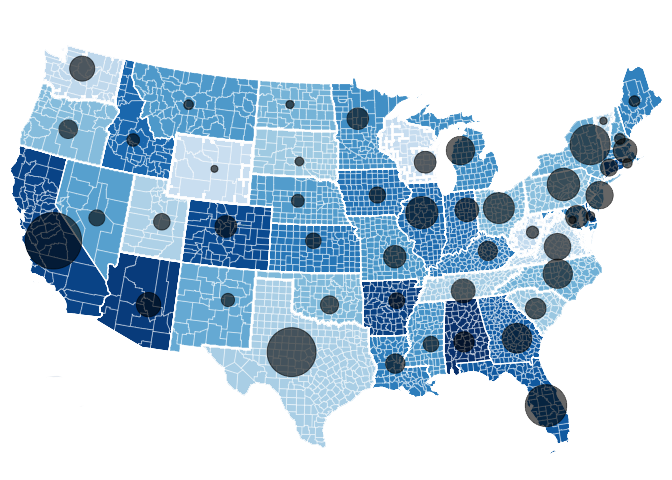
Business owners and prospective buyers rely on a diverse set of financial benchmarks to assess the value of a business. We have compiled data from current BizBuySell listings and sold businesses to provide insight into the business-for-sale market and important benchmarks for pricing and evaluating financial services businesses relative to industry standards.
Jump To:
Financial services businesses listed and sold on BizBuySell include CPA firms, wealth management and financial planning companies, banking and lending businesses, check cashing businesses, insurance agencies, and similar finance-focused service businesses.
| Median Sale Price | Median Asking Price |
| $400,000 | $429,000 |
| Average Sale/Ask Ratio | Median Days on Market |
| 0.95 | 166 |
| Median Revenue | Median Owner Earnings |
| $376,000 | $187,290 |
| Average Revenue Multiple | Average Earnings Multiple |
| 1.17 | 2.41 |
Financial service business values had been growing consistently from 2020 through 2023, before falling 23% in 2024. The drop in median sale prices was driven by a combination of lower average revenue and earnings, and a dip in average valuation multiples.
Valuation, or pricing, multiples are financial tools that allow for comparisons between businesses that have different levels of revenue and earnings. They represent the sales price of a business relative to its financial performance, and given enough individual business sales data, they represent what the market is willing to pay for a business given its revenue and earnings.
Business values and associated multiples fluctuate over time, influenced by a variety of macroeconomic factors such as interest rates, inflation, consumer spending, and overall economic growth.
Average valuation multiples of financial service businesses sold had been rising modestly from 2020 through 2023, before dropping slightly in 2024, largely due to a rise in smaller volume businesses entering the market, and ongoing pressure from elevated interest rates.
Create your free BizBuySell account and stay on top of the market. Discover tools and features for business owners, buyers, and brokers.

To determine how a business compares in terms of revenue and earnings relative to industry peers, it’s necessary to have some insight into industry standards. "Benchmarking" describes the practice of comparing a business’s financial performance to typical industry standards to determine where a business falls relative to other businesses in the same industry. These benchmarks can help guide owners and investors towards appropriate valuation multiples from the range above.
To that end, we have aggregated financial ranges useful for comparing an individual financial services business to its peers in the market.
Median revenue reported by financial services businesses sold has remained elevated compared to pre-pandemic levels, though there was a modest drop in 2024, as more, smaller firms we sold. At the same time, financial service business owners reported steady earnings, resulting in increased profit margins. Financial services businesses remain some of the most profitable types of small business.
For a more complete understanding of the market and valuation standards, consider comparisons within the broader financial services sector. The chart and table below includes key metrics from sales of select financial and legal services businesses on BizBuySell between 2019 and 2023.
Create your free BizBuySell account and stay on top of the market. Discover tools and features for business owners, buyers, and brokers.

Thinking of buying or selling a business? BizBuySell has the tools, resources, and professionals you need to get down to business.